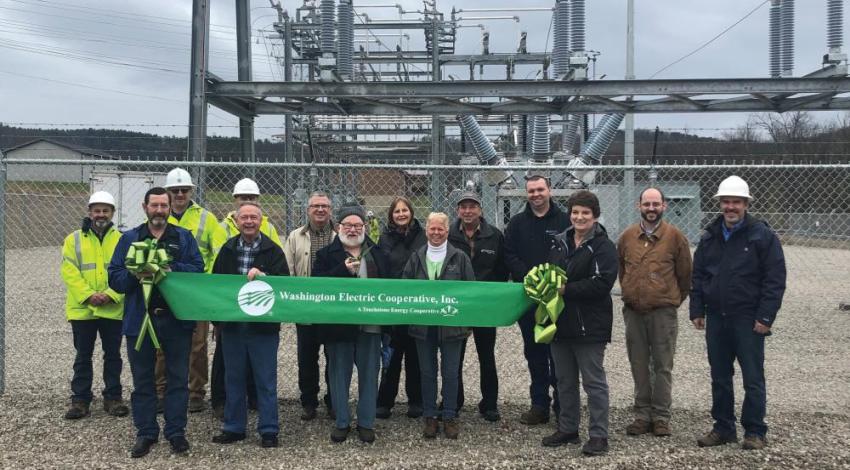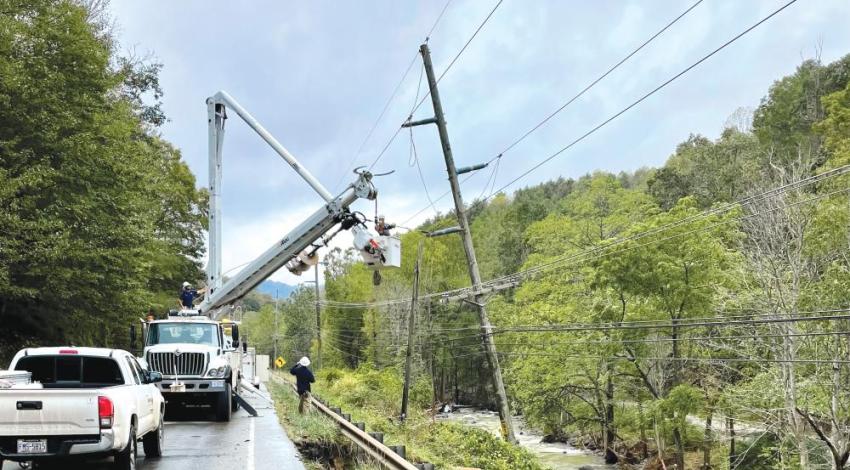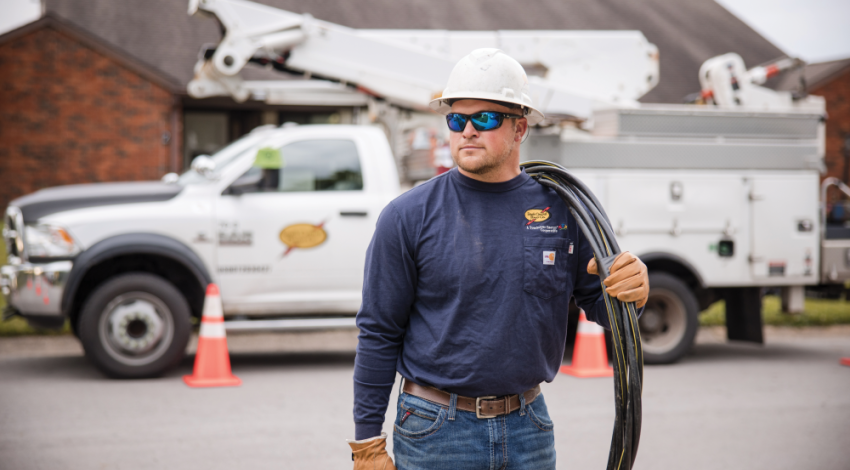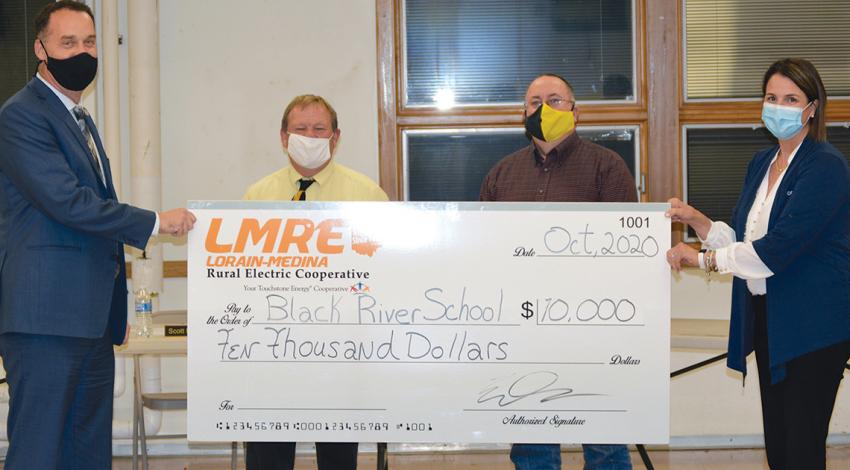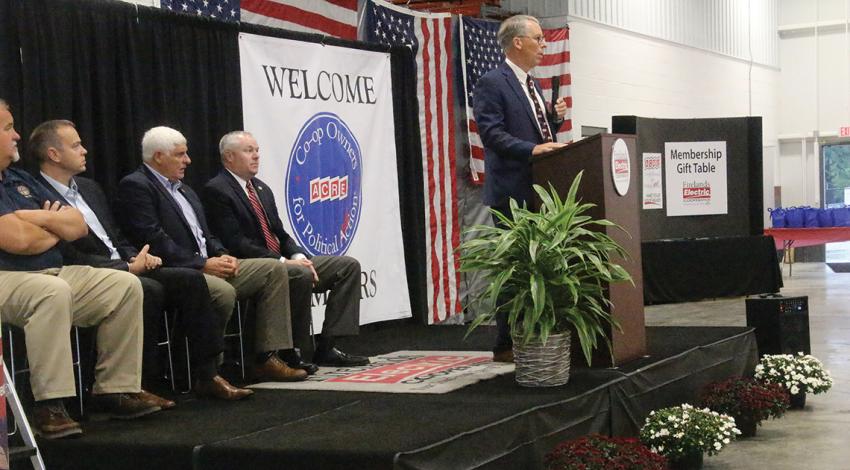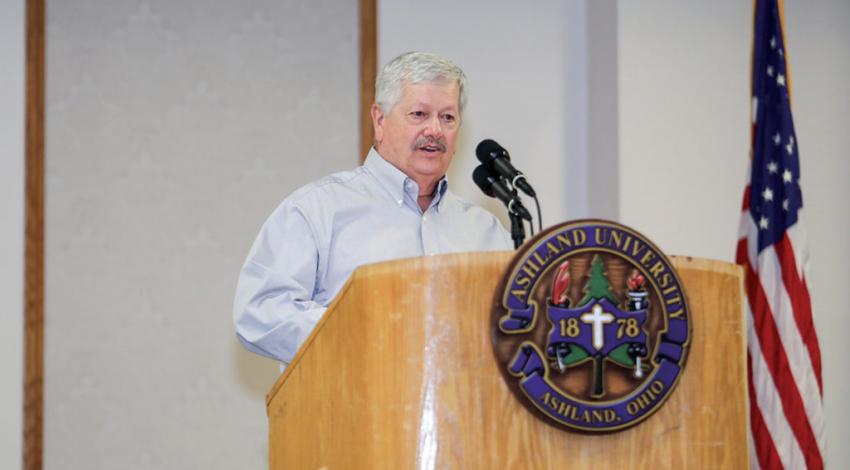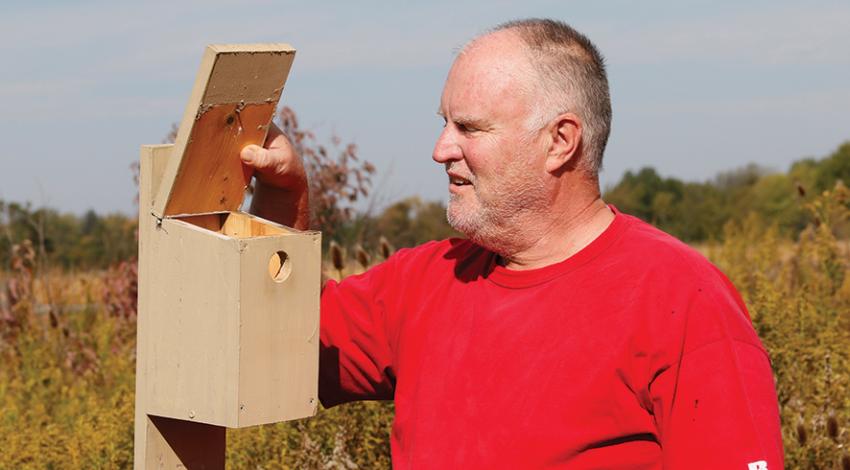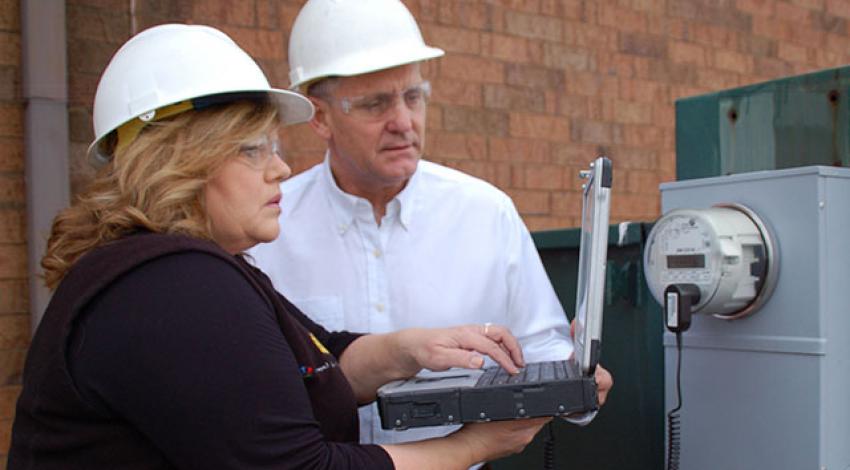Larry Kelly remembers a time, from the late 1990s into the mid-2010s, when any strong wind could cause him to lose power at his home near Graysville for a couple of hours — or longer.
Kelly knew that personnel from his co-op, Marietta-based Washington Electric Cooperative, were doing everything they could to provide reliable power for him and all of his neighbors in that area of Monroe County. The problem was that many of the outages were occurring before electricity even reached the co-op’s substations.
